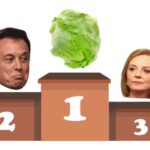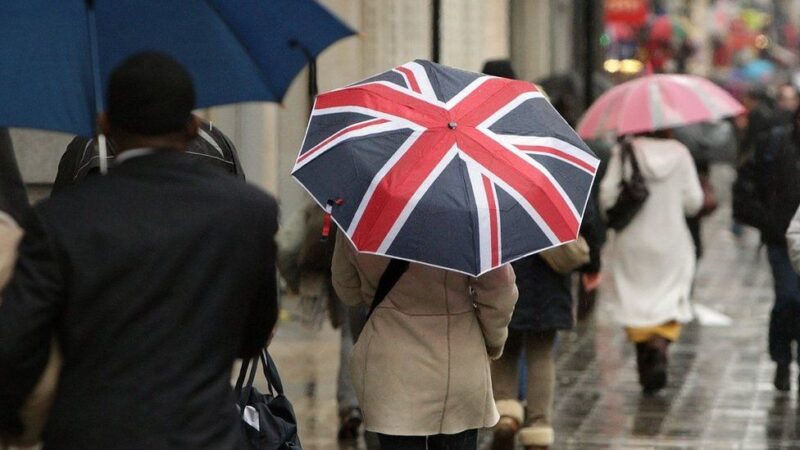The Omicron variant handles blows on optimistic expectations that the world economy will enter 2022 on a firmer footing, potentially damaging the plan by policy makers to focus on inflation rather than weak.
The imposition of travel restrictions will shake consumer confidence and companies, the possibility of limiting activities in several places such as the holiday season is ongoing in many countries. Japan effectively will prohibit the entry of all foreign visitors as part of his plan to curb the spread of the virus, the NTV announcer reported.
The market moves quickly to prices in an economic blow. Hope for the increase in interest rates over the coming year down at least 10 basis points on Friday for the central bank M.S., UK. and Australia.
What happens next will be determined by what scientists found about the new Covid-19 variant, including how resistant it was for vaccines and how the transmission was rather than a delta variant that went berserk in recent months without sending the economy back into the recession.
The worst case scenario is that if the mutation requires back to the cripple locking growth, which will threaten the supply chain that has been left behind and damage to recover demand. It will revive concerns about a mixture of faster inflation stagnification and slower growth.
Goldman Sachs Group Inc. Economists describe four possibilities, one of which includes the downside scenario where a wave of large infections in the first quarter of next year sees global growth slow to the annual quarter-quarter level – 2.5 percentage points below their current estimates. Growth in 2022 as a whole will be 4.2%, or 0.4 percentage points below estimates.
The benign results are that mutations were not proven to threaten at first feared. But the appearance functions as a reminder that a pandemic will remain a threat to the global economy, potentially over the years to come.
“We have not been stagfullated,” said Alicia Garcia Herrero, head of the Asia Pacific economist with Natixis SA. “But another year without cross-border mobility and related supply chain disorders might push us there.”
Smaller impact
Even still, some economists said the fall might be less visible during the 2020 recession.
The government, although not China, has shown reluctance to rush back to locking. And the supply of vaccines some explains why high frequency data shows the sidewalks that have been charged in Europe have proven to be more flexible and less damaging growth.
“Business and households have adapted to restrictions and locking so that blows may not be as severe as this time,” said Rob Subparaman, Head of Global Market Research in Nomura Holdings Inc.
“That means local locking as an outbreak appears, more stringent restrictions on regional travel and the possibility is greater than the port shutdown,” he said. “China has proven proficient in managing the outbreak, but the long-term economic costs will increase if strains that greatly transplant endemic globally.”
If the variant spreads “it can slow down healthy momentum in the economy” from A.S., according to Mickey Levy, chief economist for A.S. and Asia on the Berenberg capital market.
Quiet market in Asian trade early Monday after Friday’s sharp selling as news variants appeared. The S & P 500, the Nasdaq 100 contract and Europe jumped and oil returned above $ 70 per barrel.


















